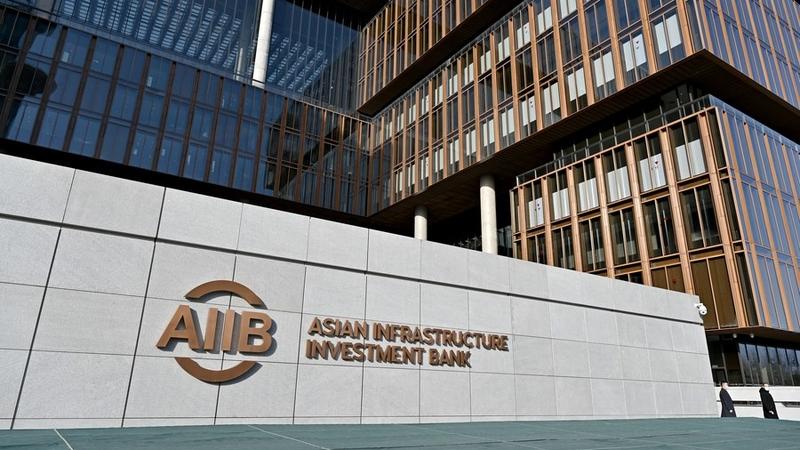Kenya has joined the China-led Asia Infrastructure Investment Bank (AIIB), an organization created to compete with the US-backed IMF and World Bank, to secure more extensive long-term funding.
President William Ruto announced this on Tuesday following his meeting with Chairman Jin Liqun of the multilateral lender in Beijing. As a result of the Finance Bill’s withdrawal, Kenya is now in a poorer financial situation and is looking for long-term loans.
“The membership will enable Kenya to access concessional funding for infrastructure, climate change efforts, connectivity, regional cooperation and technology-enabled projects and programmes,” Dr Ruto said.
The lender says on its website that it does “not offer financing under concessional terms”, but has a Project Preparation Special Fund, which gives “grants for project preparation to finance the preparation of projects to be financed by AIIB in eligible member countries”.
In addition to infrastructure, the lender offers loans for other profitable industries like water, energy, transportation, ICT, and urban development.
In a time when international credit institutions have increased Kenya’s risk of defaulting on sovereign borrowing, the development financier, established in January 2016, would provide the country with an alternative to raise less expensive financing.
As “part of the administration’s agenda on enhancing regional cooperation and connectivity through the green economy,” the Cabinet authorised Kenya’s membership in the AIIB in January.
China, the second-biggest economy in the world, founded the AIIB to compete with the US-dominated World Bank and IMF after the US declined to provide China greater sway over these Washington-based international lenders.
The Washington Consensus is a set of policies intended to, among other things, promote the use of private markets, protect the environment, protect human and workers’ rights, and foster non-corruption in government. It is a set of conditions under which the World Bank and International Monetary Fund lend to developing nations like Kenya.
The African Development Bank, the World Bank, and the IMF are further development financing organisations that Kenya is a member of.
With 109 member nations and a capital base of $100 billion (about Ksh13 trillion), the Beijing-based lender is the second-largest multilateral development bank in the world, trailing only the World Bank Group.
Following the collapse of the 2024 tax bill, Kenya increased its borrowing target for the current fiscal year to Sh1 trillion, leaving a projected Ksh344.3 billion hole in the budget. At the same time, the country joined the AIIB.
Dr. Ruto withdrew Finance Bill 2024 in late June in response to persistent youth-led protests against the increased tax measures supported by the IMF, high living expenses, poor governance, and corruption.
Investors are becoming nervous about the nation’s financial stability as a result of the tax bill’s decline, which has slowed down the fiscal consolidation process in the nation. Fiscal consolidation depends more on new and higher taxes than on spending cuts.
As a result, the credit rating of the nation has been reduced by three prominent international credit rating agencies, namely Moody’s, Fitch, and S&P. This has increased the cost of the nation’s access to capital in the form of Eurobonds on international commercial markets.

